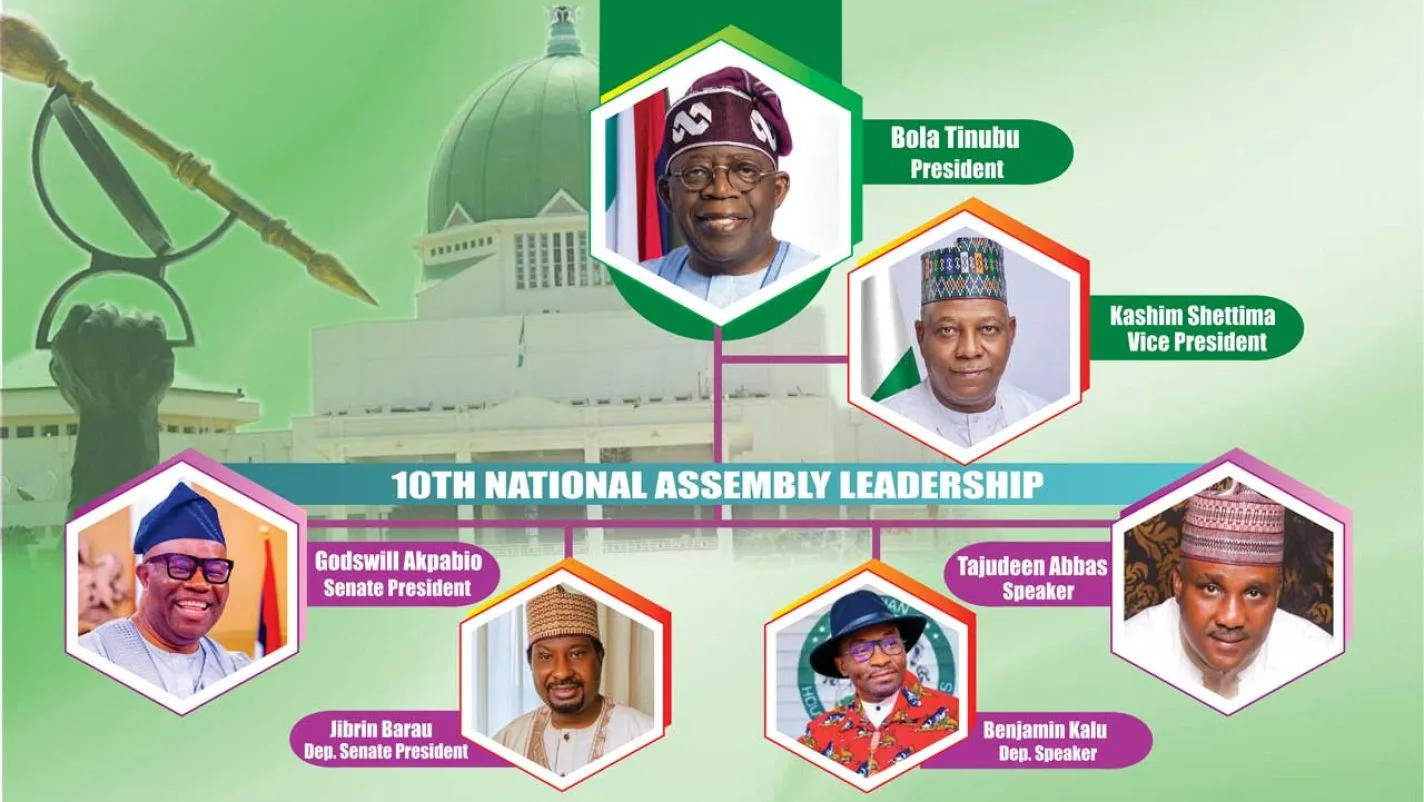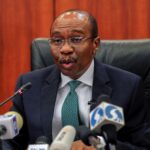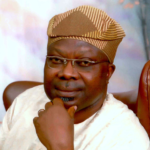The Challenges Nigeria Faces Today
Nigeria, Africa’s most populous nation, has long been plagued by numerous challenges that continue to affect both its governance and its people. Since 2015, when the political atmosphere shifted with the election of President Muhammadu Buhari, the country has been grappling with significant socio-economic issues. Citizens have grown weary, with many asking, “Where is Nigeria headed?”
The nation’s problems are not new, but they seem to have become more pronounced in recent years. As one Nigerian resident noted, “I used to believe that Nigeria would become great in my lifetime, but now, I realise hope alone is not enough.” This sentiment resonates with millions of Nigerians who have experienced the country’s turbulent journey, especially after the 2015 elections.
Join our WhatsApp ChannelLeadership and Followership: Who Is to Blame?
One of the most pressing challenges of Nigeria today revolves around its leadership. Many argue that the problems stem from poor governance, but some also question the role of the general population. “Is our problem leadership or followership?” is a question that often comes up in discussions about Nigeria’s future.
While leadership plays a crucial role, some believe that the average Nigerian is more interested in personal gain rather than the collective good. “Could this be why we struggle with holding leadership accountable?” a citizen asked during a recent debate. The sense that citizens are just as complicit as their leaders has gained traction, fuelling an ongoing debate about who is truly responsible for the country’s challenges.
The phrase “This government will favour me and my family” has become a popular joke online, reflecting a deeper, more concerning mindset. It suggests that many citizens view leadership as a means to personal gain rather than an opportunity to serve the greater good. This mentality may explain why holding leaders accountable has proven difficult.
READ ALSO: Nigeria Spends $3bn Monthly On Imports
Economic Hardships and the Cost of Living
Nigeria’s economic challenges are at the forefront of the country’s problems. Inflation, rising food prices, and exorbitant transportation costs have made life increasingly difficult for the average citizen. “Things are really bad, and I often wonder how the average person survives,” shared one resident. Necessities such as healthcare and education have become luxuries for many, as costs continue to soar.
The government of Ahmed Tinubu has tried to alleviate some of these burdens, most notably by increasing the minimum wage. However, this solution may not go far enough. “How far will the minimum wage go for the average employee?” another citizen asked. While the wage increase is necessary, it does not address the root causes of the rising cost of living. In a country where informal employment is widespread, many Nigerians do not even benefit from the new wage laws.
One of the most glaring challenges of Nigeria is the lack of long-term solutions to food insecurity and other pressing issues. Short-term measures like distributing palliatives have proven to be unsustainable. “Sharing palliatives is an insult to the people,” said a disillusioned citizen. Many are calling for strategic plans that address these issues in a meaningful, lasting way.
The Burden of Governance
Another challenge of Nigeria is the burden of governance itself. Critics have accused the government of being out of touch with the struggles of the people. A recent statement by a Senator accused the President of being “tone-deaf” to the public’s problems. However, citizens argue that the blame does not solely rest with the President. The National Assembly, state governments, and other elected officials are also responsible for the current state of affairs.
“Pointing fingers at the President without addressing the failings of the National Assembly is hypocritical,” remarked one observer. Many Nigerians feel that their leaders, across all levels of government, are more interested in maintaining their positions of power than addressing the country’s critical challenges.
In addition to governance, some public servants spend more time defending the government’s actions than proposing solutions. This behavior has further alienated the people, who feel that their concerns are being ignored. “Should there be a need to defend public officials if they were acting in the best interests of the people?” one citizen asked.
Lack of Transparency in Government Spending
A key issue related to governance is the high cost of running the Nigerian government. Citizens are frustrated by the lack of transparency in government spending, with many questioning why the government has not adopted a more strategic approach to its expenditure. “If there was one thing I was expecting this administration to address, it was reducing the cost of governance,” shared one Nigerian.
The government’s reluctance to curb excessive spending, especially in areas that could be immediately controlled, has raised concerns. Citizens believe that cutting unnecessary expenses could boost public trust in the government’s ability to lead effectively. “Instead, what we have seen are various actions that make us wonder whether there is a funding source available solely to the government and not the people,” one critic observed.
The People’s Struggles and a Cry for Help
Ultimately, the challenges of Nigeria are deeply felt by its people. The average Nigerian struggles to make ends meet, as the rising cost of living pushes many to the brink of poverty. Health care, education, and even transportation have become difficult to afford for many families. As one citizen bluntly put it, “There is suffering in the land, and the people are unhappy.”
The lack of effective solutions to these problems has left many citizens disillusioned. Some have opted to leave the country in search of better opportunities abroad, while others remain, hoping for a better future. However, the majority of Nigerians have no choice but to endure these hardships. “Plan B is not an option for everyone,” said one resident, referencing the growing trend of seeking opportunities abroad.
Hope for Nigeria’s Future
Despite the overwhelming challenges of Nigeria, there is still hope among its people. While many have grown frustrated with the lack of progress, others continue to believe in the country’s potential. “I have always believed that Nigeria will be great in my lifetime,” one optimistic resident shared, though they added, “But hope without a plan is just a dream.”
The need for actionable solutions, responsible leadership, and a more engaged citizenry is clear. Nigeria’s challenges are numerous, but with the right approach, they can be addressed. The future of the country depends on the collective efforts of both its leaders and its people to move forward and build a nation that truly works for all.
Emmanuel Ochayi is a journalist. He is a graduate of the University of Lagos, School of first choice and the nations pride. Emmanuel is keen on exploring writing angles in different areas, including Business, climate change, politics, Education, and others.
- Emmanuel Ochayihttps://www.primebusiness.africa/author/ochayi/
- Emmanuel Ochayihttps://www.primebusiness.africa/author/ochayi/
- Emmanuel Ochayihttps://www.primebusiness.africa/author/ochayi/
- Emmanuel Ochayihttps://www.primebusiness.africa/author/ochayi/

















Follow Us